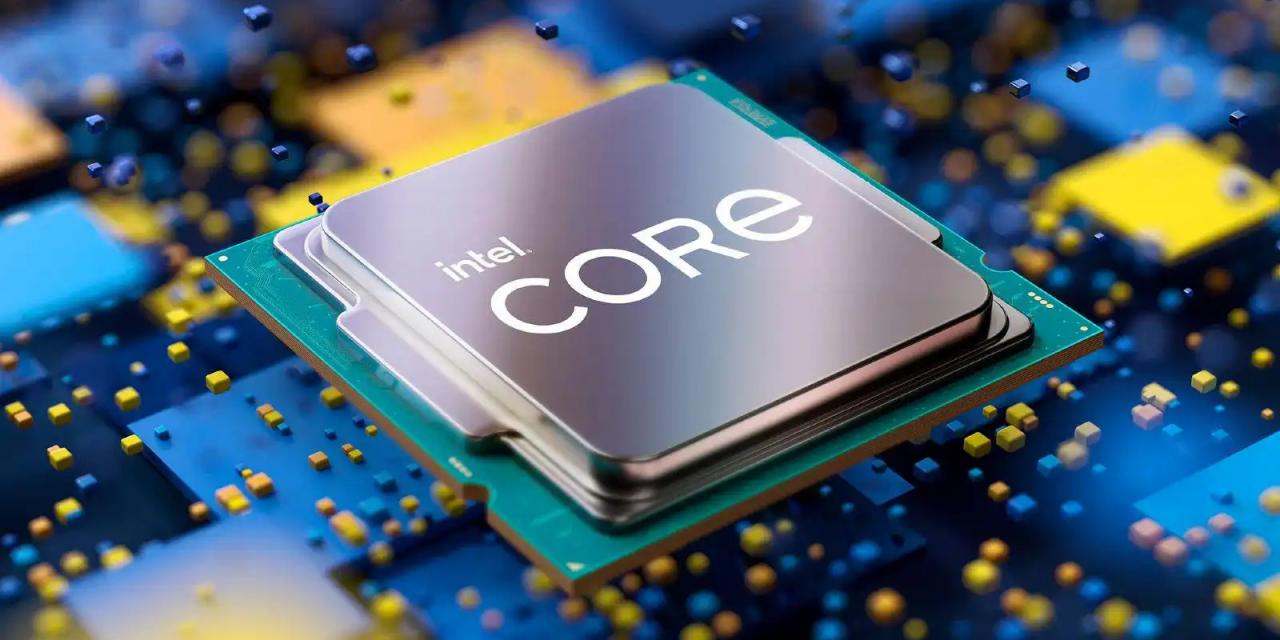
Leaks have indicated that the upcoming new generation of Intel’s Meteor Lake processors have managed to push CPU clock speeds up to and beyond 5 GHz. The leaks come from renowned leaker Golden Pig Upgrade Pack, and would mean that Intel’s Meteor Lake CPUs will eclipse everything else the company has to offer at this time.
The details of these clock speeds is currently unknown, and there are no details available as to whether this will be achievable on consumer, mass-produced items, so as always with leaks, don’t take it as the gospel truth just yet. However, according to the leaks, the 14th-Gen Core Ultra 7 processor can hit a single-core speed of 5.0 GHz, while the Core Ultra 9 is capable of exceeding 5 GHz.
These high clock speeds are likely in place so the new generation has an advantage over the Raptor Lake CPUs that came before. We know that both generations are going to have the same number of cores (six high-performance cores and up to eight energy-efficient cores), so high clock speeds is the only way for the new cores to distinguish themselves from the previous cores.
These new cores are being built with a radical new system. They have 3D-stacked compute tiles, and uses extreme ultraviolet lithography (EUV) and Intel 4 process tech , which offers considerable advantage over the previous Intel 7 node. However, since the previous generation of CPU for datacenter CPUs, the new Intel 4 may not end up being as fast as its predecessor. Power consumption may also end up becoming an issue for the Meteor Lake processors, as that new compute tile may end up with high power needs, or heat issues. So, it’s likely you’ll need a system to keep temperature and power draw down when trying to boost clock speeds to the highest speeds.
Despite these leaks, we still have a lot of questions about Intel’s upcoming series of Meteor Lake processors, and as always with leaks, treat them as you would any other company-verified data. Take them with a big pinch of salt, but be ready for them to be true.
